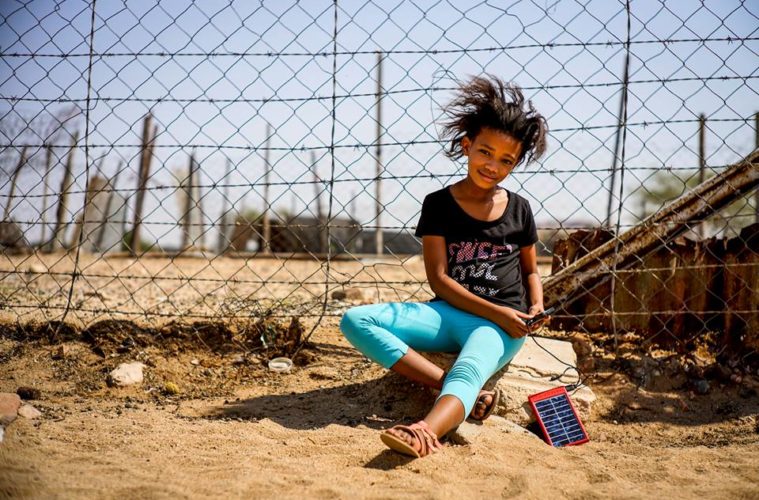Meet our friend Stephanie Cox. To some, she is known as a mom, friend and co-worker. She also happens to be a survivor and a strong, resilient humanitarian business woman. She has traveled the world leading several humanitarian and international aid organizations. She went to grad school at DU and has lived in Colorado for about 17 years (minus the three in Nepal.) While at DU her sister lived in Wash Park. She would run the park thinking about a world she loved, but wanted to change. Stephanie spent most of her life in the trenches, which is where she developed an intense passion and grit for non profits and international aid.
On December 26, 2004, an earthquake with an estimated magnitude of 9.1, struck the coast of Sumatra, Indonesia. Stephanie was a victim of this tsunami while on a boat in the middle of the Indian Ocean. During the aftermath, she saw first hand how survivors desperately needed solar lights, cook-stoves, tents and clean drinking water. This experience deeply impacted her. Stephanie had an epiphany: just as e-commerce has transformed global markets, the aid world needs to be brought into the 21st century with the power of a new platform. Frustrated with the lack of access to a range of products that meet humanity’s basic needs and the mess that ensued when purchasing supplies, sparked a dream. This is how The Level Market was born. The Level Market is one virtual store that helps tidy up the procurement process for not only aid groups, but civic organizations and the private sector.
The team at The Level Market worked in developing countries and conflict zones, witnessing the explosion of marketplace success stories around the globe in different industries. Yet they continued to struggle with the archaic processes in their field that seemed to breed high prices and low quality options. Stephanie recognized this gaping hole in a huge industry fulfilling crucial needs. To put it in simple terms, the goal behind The Level Market is to make it as easy to buy water filters for children in Ethiopia as it is to buy books from Amazon.
The burgeoning refugee crisis, unacceptable poverty numbers and the increasing number of natural disasters, are adding to the response load of NGO and government entities around the globe. There are millions of organizations resourced with billions in funding focused on these problems, yet they face the same trouble when procuring goods. Whether its tents and blankets following the Nepal earthquake or solar lights and medical supplies to keep clinics running through the night, it is cumbersome and time-consuming to identify the right products at the right prices and determine vital inventory and shipping info required to ensure timely delivery. Paper catalogs, one by one Google searches and endless phone calls remain the norm. Meanwhile people suffer, die and fall deeper into poverty.
With input and support from every sector of the aid world, The Level Market has built and launched a site that hosts instant purchases as well as a custom quote function that pairs perfectly with the requirements of NGOs and government procurement practices. Their custom ‘hybrid’ platform is populated with a growing list of products from multi-million dollar blue chip suppliers and transactions are underway. TLM launched in June 2016 and already has 70+ suppliers listing 260+ products. Growth opportunities are numerous as the aid universe is ripe for change. With industry know-how and connections, combined with the power of technology, e-commerce will serve humanity.
We are inspired by game-changing women like Stephanie. She is a single mom who works her ass off round the clock for the greater good. Whether that means bringing clean water and light to those who are living without, or educating the masses about how to avoid infectious diseases, The Level Market is impressive. If you too are impressed by humanitarian entrepreneurs, listen to their podcast, 22 LIGHTBULBS in iTunes or Stitcher.
Our goal in shining a light on Stephanie and The Level Market is to bring awareness to the people making a difference in the world. For this we are grateful.

